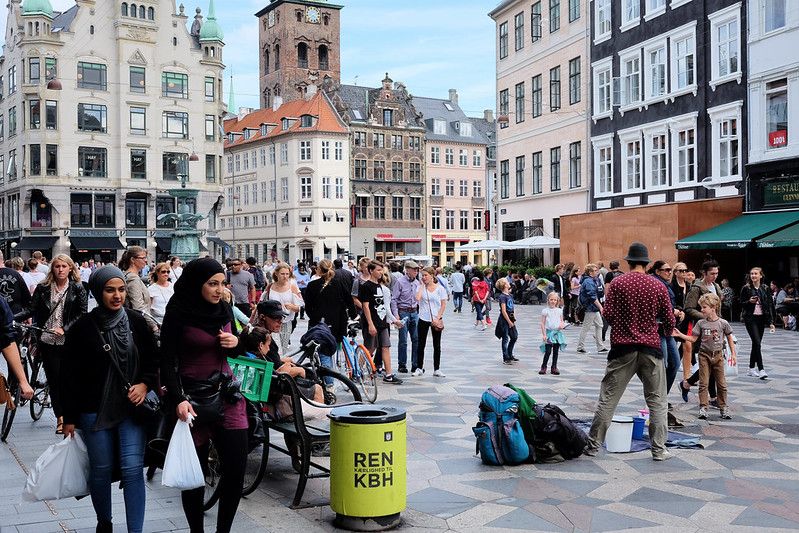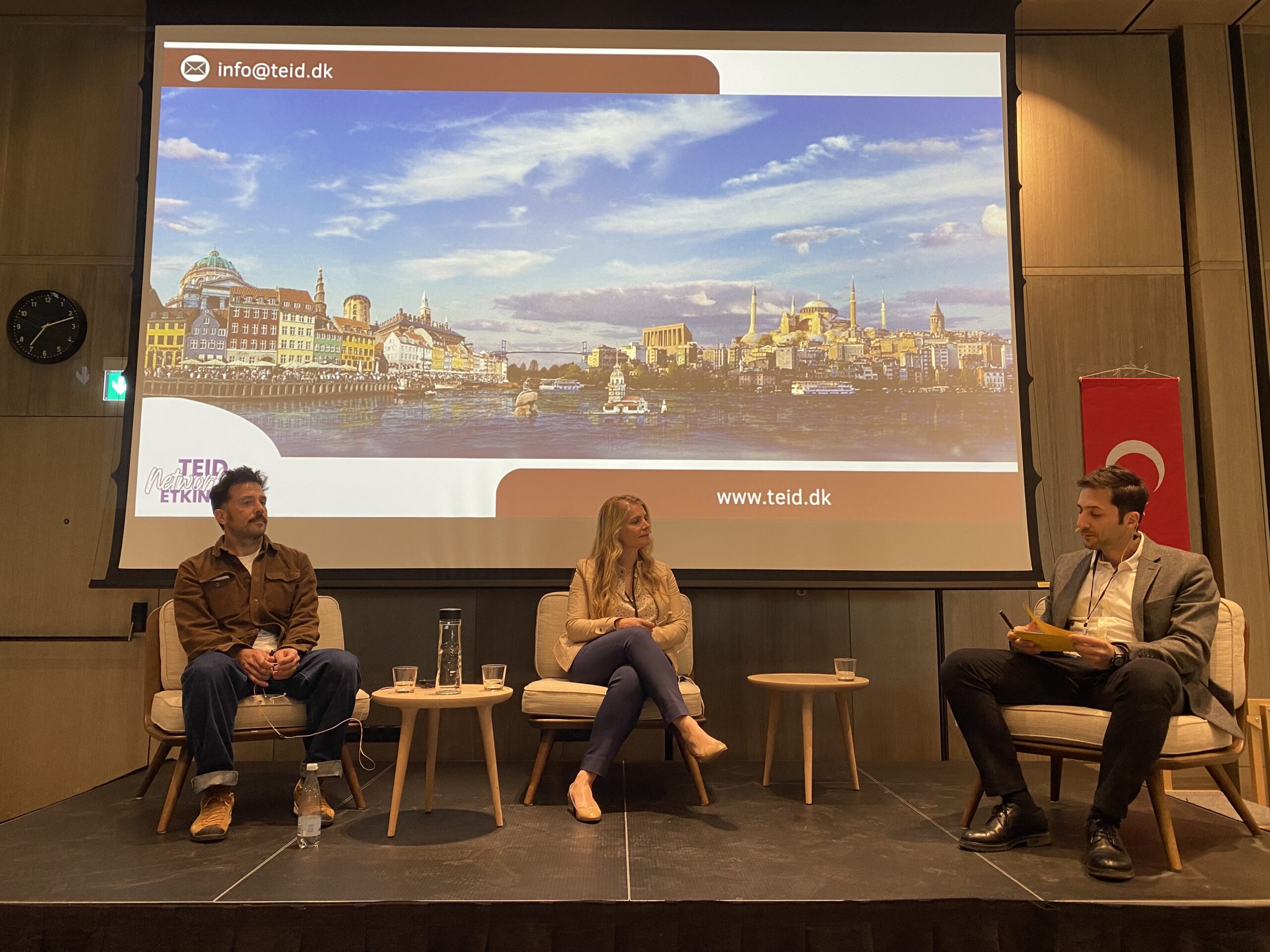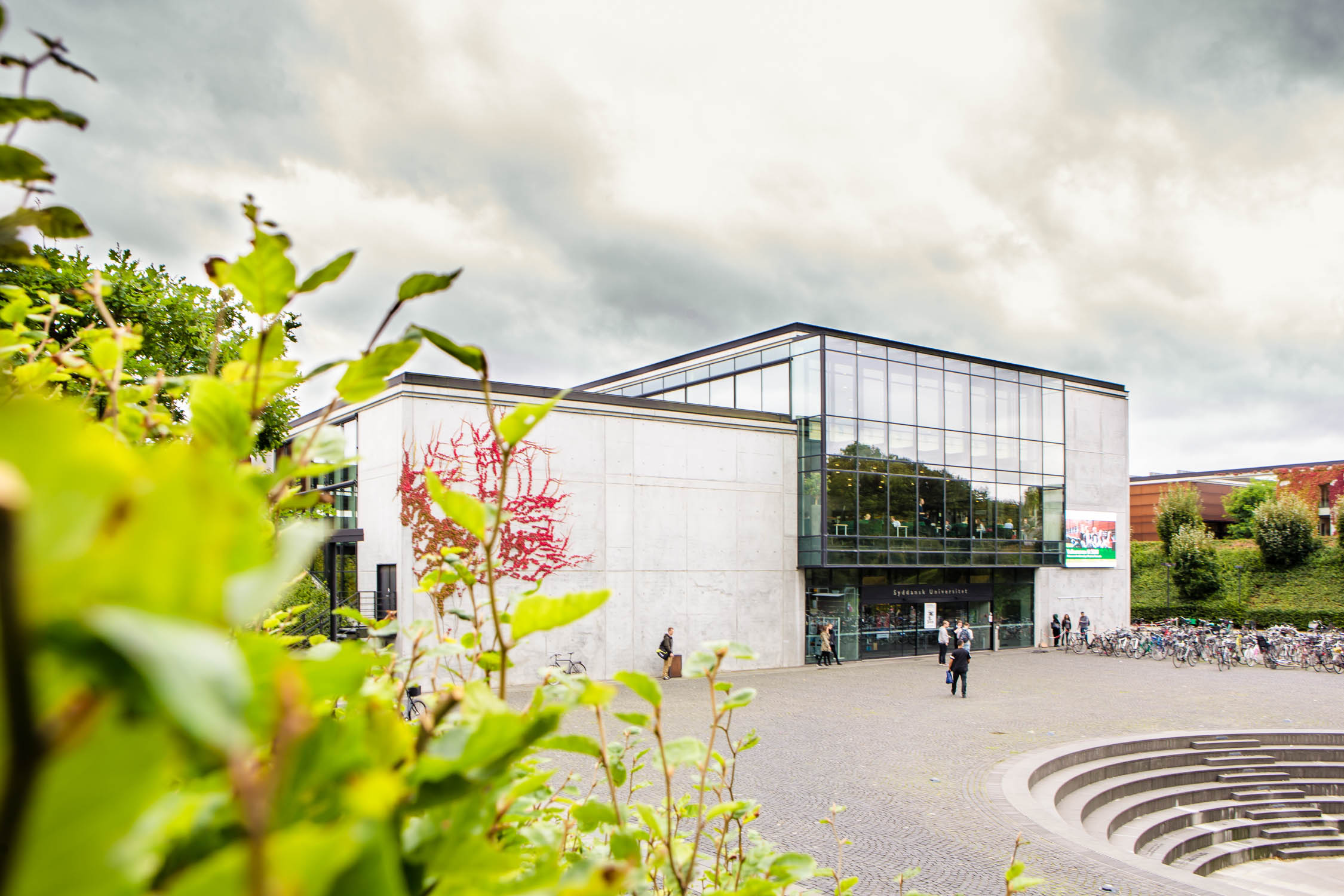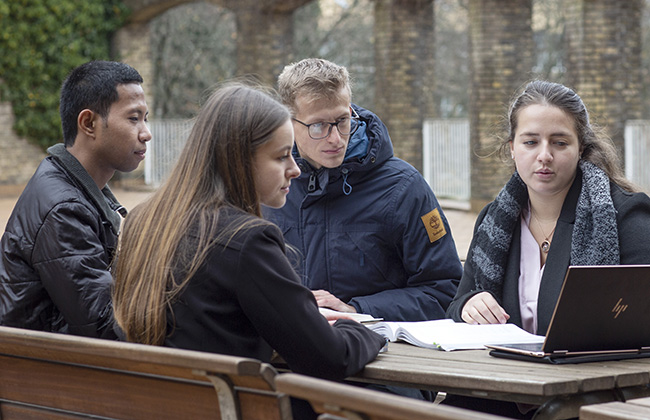The coronavirus and the accompanying lockdown have left their marks on the world. Many businesses have taken a severe hit, but since COVID-19 hit the market in unpredictable manners, it affected industries differently. Some were lucky while others were not. Online retailers in particular have been lucky. Of course, this was already a booming industry, but during the lockdown, we have witnessed more and more brick-and-mortar shops taking their business online.
The whole world shops online
It came as a shock to everyone when, all of a sudden, the entire world shut down. Everyone was affected by massive restrictions and many businesses were forced to close down indefinitely. It has been an uncertain time for most people and few imagined that we would still live in a semi-closed world more than a year after the coronavirus first hit. Everyone had to adapt, and so did the businesses. Because one thing did not change – we could still shop online, and in a time where you could not shop anywhere else, online shopping has been booming.
For decades, people have turned to the internet when shopping for books, clothing, electronics and other things. However, some businesses still put their main effort into physical shops and, of course, certain people still prefer shopping this way. During the lockdown, this has just not been an option.
As a result, the competition online has increased. Online marketing is more important than ever, and online shops have to do their best to be visible online. However, SEO, Google Ads and content marketing are unchartered territories for many business owners – especially if they have focused on physical sale so far. Many business owners have chosen to team up with specialists such as TEXTA A/S for help.
Luckily, a lot of the effort put into online shops during COVID-19 will benefit them for a long time after. Content marketing in particular is a long-term investment, and Google will keep rewarding websites that are search engine optimised. Similarly, some businesses have found new ways to sell their products or services that may prove a great business model now as well as in the future.
So, maybe something good did come of this unwanted situation, as online businesses can reap the benefits of their efforts in years to come.
Who lost out during the lockdown?
Of course, not all businesses have been able to take their sales online. Industries such as entertainment, hospitality and personal services are amongst those who got hit the hardest. They have not been able to move their sales elsewhere, and have therefore been forced to accept zero income during the lockdown.
While some businesses suffered more, all businesses have felt the coronavirus crisis. Consumers spend less money than usual. Whether this is caused by the overwhelming uncertainty of the situation or simply as a result of people spending most of their time at home is unknown. What we do know is that everyone, businesses and people alike, are looking forward to getting back to normal.












